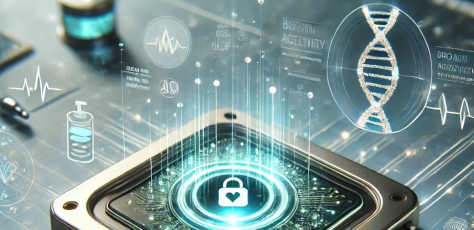Medical Devices
Revolutionizing Healthcare with Brain-Inspired Technology
Overview
The healthcare industry is undergoing a digital transformation, driven by advancements in artificial intelligence (AI), data processing, and smart medical devices. Among these breakthroughs, neuromorphic chips—inspired by the human brain’s neural networks—are redefining what’s possible in medical technology. From real-time diagnostics to personalized healthcare solutions, neuromorphic chips offer unparalleled advantages in speed, efficiency, and adaptability. By mimicking the brain's neural processing, these chips enable smarter, faster, and more efficient medical devices that are transforming patient care. At Neuromorphica, we are at the forefront of harnessing the power of neuromorphic computing to revolutionize the future of healthcare.
Here's how neuromorphic chips are driving innovation in medical devices:
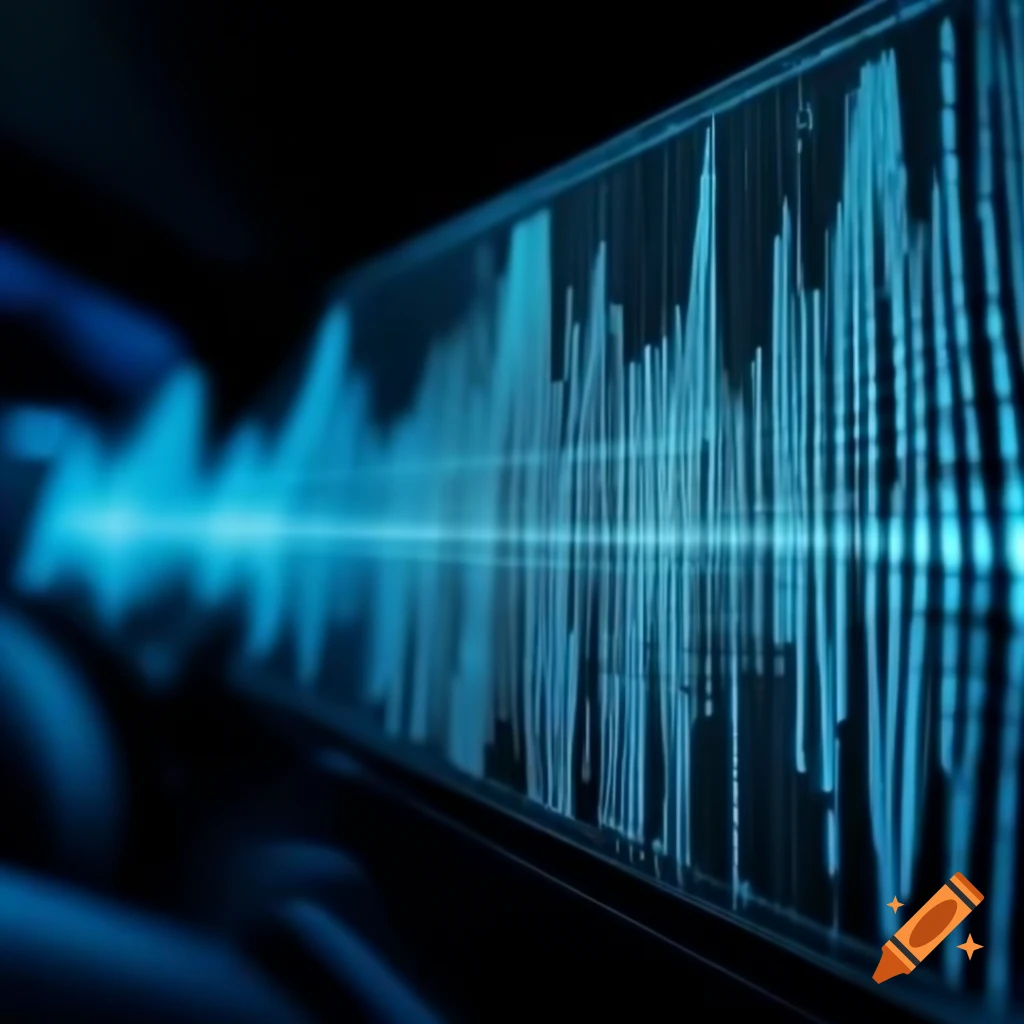
1. Real-Time Data Processing for Instant Diagnostics
In modern healthcare, the ability to process vast amounts of data in real time is critical. Traditional processors often struggle to handle real-time diagnostic tasks efficiently, especially with complex signals such as EEG, ECG, and MRI data. Neuromorphic chips excel in this domain, offering parallel processing capabilities similar to the brain’s, allowing for faster analysis of multi-modal medical data. Advantages: - Instantaneous feedback: Medical devices with neuromorphic chips can analyze patient data in real-time, enabling faster and more accurate diagnoses, which is crucial in emergency or critical care settings. - Improved accuracy: By rapidly processing and identifying patterns in data, these chips enhance the precision of diagnostics, reducing the risk of errors or false positives. Whether in wearable devices monitoring heart rates or advanced imaging systems, neuromorphic processors enable a new level of speed and accuracy in medical diagnostics, leading to faster decision-making and better patient outcomes.
2. Energy Efficiency for Wearable and Implantable Devices
Wearable and implantable medical devices are becoming essential tools for continuous health monitoring, especially for patients with chronic conditions such as diabetes, cardiovascular diseases, and neurological disorders. These devices require processing power but are often limited by battery life. Neuromorphic chips offer a solution by mimicking the brain’s ability to operate with extreme energy efficiency, consuming power only when necessary. Advantages: - Extended battery life: Neuromorphic chips consume significantly less energy compared to traditional processors, allowing wearables and implants to operate for longer periods without needing frequent recharges. - Smaller form factor: With lower energy demands, medical devices can be designed in smaller sizes, increasing patient comfort and usability. For applications like continuous glucose monitors, cardiac monitors, or neurostimulators, the low power consumption of neuromorphic chips ensures long-term performance, reducing the need for invasive procedures to replace batteries and enhancing patient quality of life.

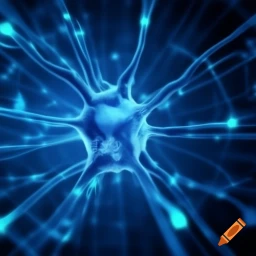
3. On-Device AI and Personalized Healthcare
Neuromorphic processors bring powerful, AI-driven decision-making capabilities directly to medical devices. Unlike traditional systems that rely on cloud-based AI, neuromorphic chips allow AI processing to occur locally on the device, providing real-time insights without latency or connectivity issues. This is critical for personalized healthcare, where treatments and diagnostics need to adapt to each patient's unique physiology. Advantages: - Personalized treatments: Neuromorphic-enabled medical devices can continuously learn from patient data, offering customized treatment plans and adaptive therapies that evolve over time. - Faster insights without cloud dependency: With local AI capabilities, neuromorphic devices eliminate the delays and security risks associated with transmitting sensitive patient data to cloud-based systems. For neurological conditions like epilepsy or Parkinson’s disease, where real-time monitoring and rapid response are critical, neuromorphic processors can enable devices that learn from each patient’s specific patterns, improving the effectiveness of treatments such as neurostimulation or drug delivery.
4. Enhanced Signal Processing for Complex Biometric Data
Medical devices often need to process complex biometric signals, from brain waves to heart rhythms, while filtering out noise and interference. Neuromorphic chips are particularly suited for this task because they excel in processing spatiotemporal data—signals that change over time and space—just like the brain does. This capability is essential for devices that monitor neural activity, cardiac rhythms, or muscle movements. Advantages: - Noise reduction: Neuromorphic chips can intelligently filter out irrelevant data or noise, allowing devices to focus on the critical signals that matter for diagnosis or treatment. - Superior pattern recognition: These chips enhance the ability of medical devices to recognize subtle patterns in data, improving the early detection of conditions like heart arrhythmias, seizures, or muscle disorders. In applications such as prosthetic control systems or brain-computer interfaces (BCIs), neuromorphic chips help to improve signal accuracy, enabling more responsive and precise control over devices that rely on human neural or muscular input.
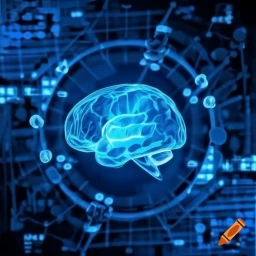

5. Autonomous Functionality for Remote Monitoring and Management
As healthcare shifts toward remote monitoring and telemedicine, devices need to be smarter and more autonomous in their operations. Neuromorphic chips offer a level of autonomy and self-learning that traditional processors cannot match. Medical devices equipped with these chips can monitor patient health in real-time, detect anomalies, and even adjust treatment protocols without needing constant intervention from healthcare providers. Advantages: - Proactive health management: Neuromorphic chips enable devices to predict potential health issues before they become critical, alerting patients or healthcare professionals for early intervention. - Remote adaptability: These devices can autonomously adjust treatment regimens, such as insulin delivery or neural stimulation, based on real-time patient data, all while operating remotely. For patients with chronic conditions, such as those needing continuous insulin or pain management systems, this level of autonomy reduces the need for constant doctor visits and allows for proactive, tailored care from a distance.
6. Improved Accessibility and Usability
In medical devices, simplicity and ease of use are essential for widespread adoption, especially for patients who rely on these devices in their daily lives. Neuromorphic chips, with their efficient, on-device processing, enable user-friendly medical technologies that are easy to operate and maintain, even in home or non-clinical environments. Advantages: - Intuitive devices: With intelligent processing, medical devices can be designed with simpler user interfaces, making them accessible to a broader range of patients, including the elderly or those without technical expertise. - Reduced maintenance: The energy efficiency and self-learning capabilities of neuromorphic chips mean that devices require less frequent maintenance or calibration, offering greater convenience for users. In home healthcare settings, smart wearables or remote monitoring devices enhanced by neuromorphic chips offer high-performance solutions that are easy to use, empowering patients to take control of their health with minimal complexity.
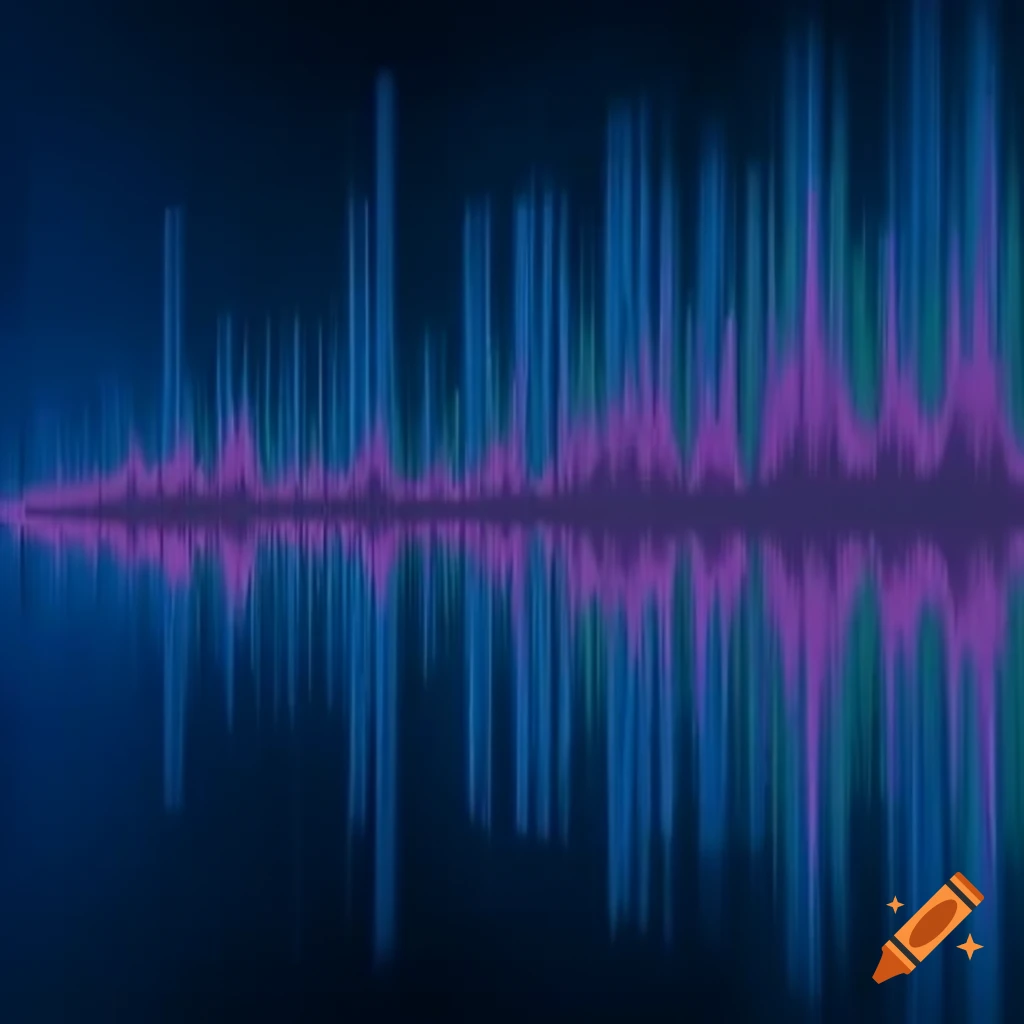

7. Faster Development of Innovative Medical Technologies
Neuromorphic technology is unlocking new possibilities for medical device innovation. With faster processing, on-device AI, and real-time learning, medical device manufacturers can develop new diagnostic tools, therapeutic devices, and wearable technologies that were previously impractical. By accelerating innovation in this space, neuromorphic chips are paving the way for next-generation medical technologies. Advantages: - New product categories: Neuromorphic chips enable the creation of medical devices with capabilities that didn’t exist before, such as AI-powered wearables that continuously learn and adapt. - Faster time to market: Medical devices powered by neuromorphic chips can go through development, testing, and approval processes more quickly due to their simplified and efficient architectures. For startups and medical device manufacturers, neuromorphic processors open new opportunities for developing transformative healthcare solutions that can dramatically improve patient outcomes and address previously unmet medical needs.
